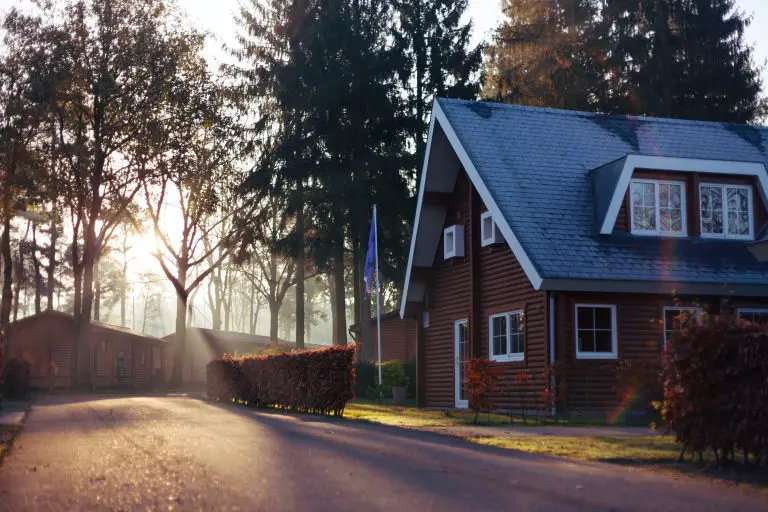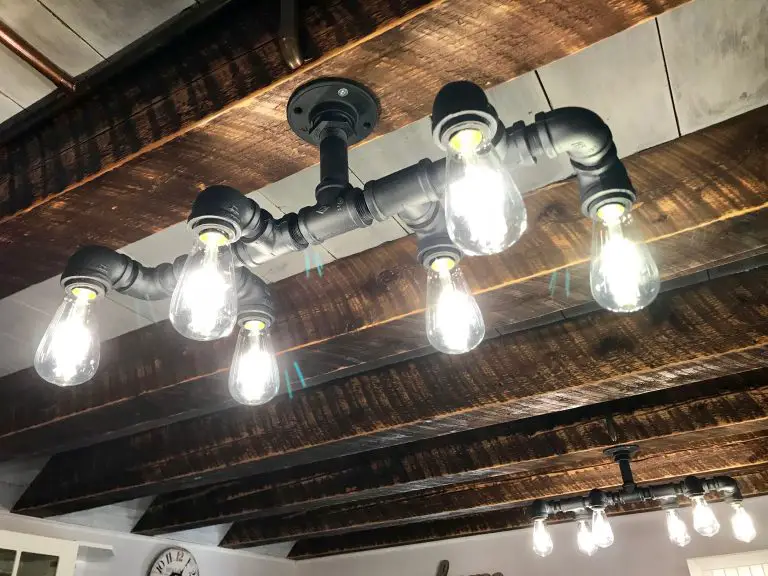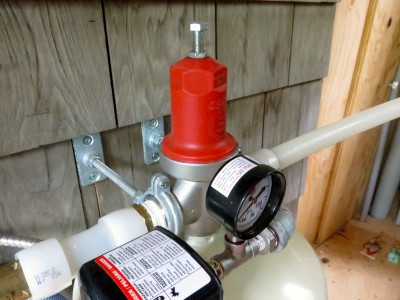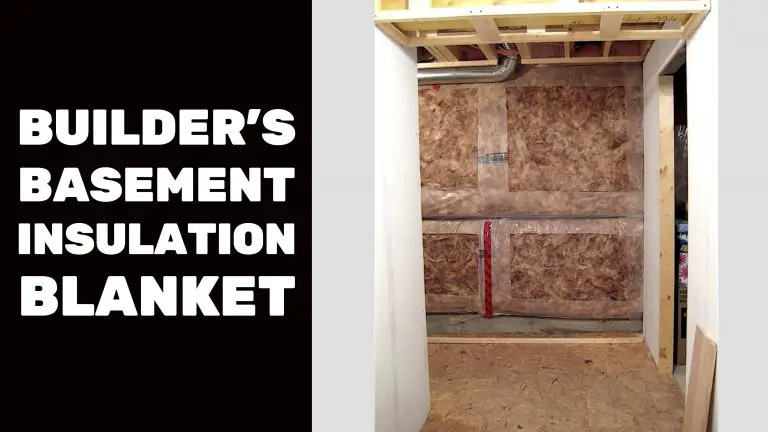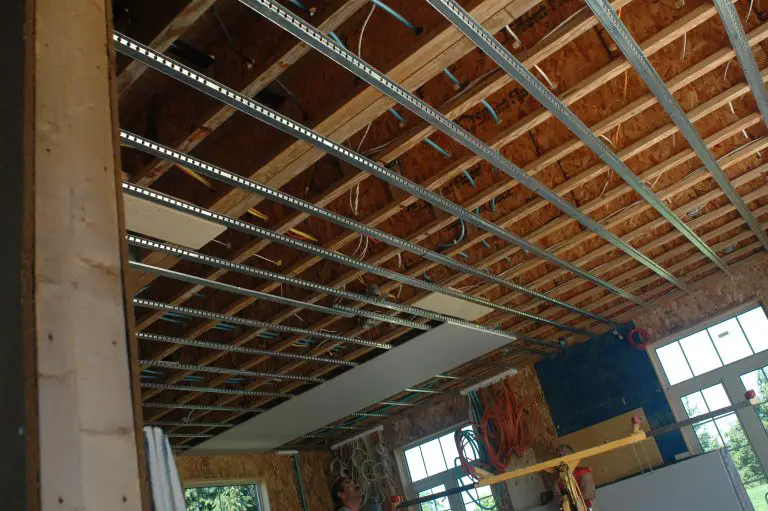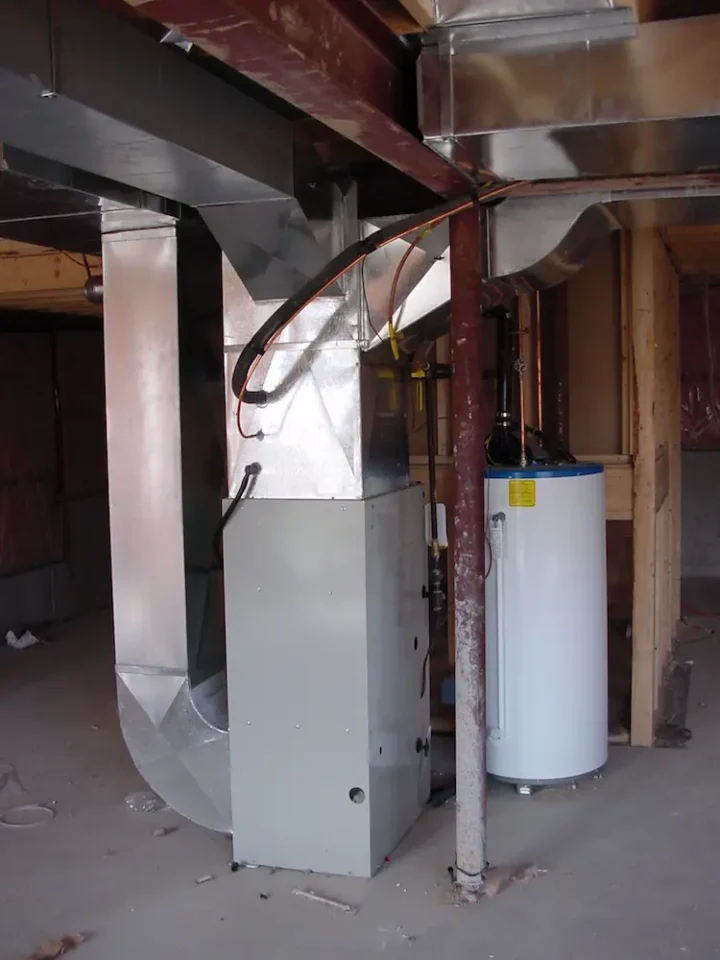
Are you considering replacing your gas furnace? This article can help you make an informed decision about when the time is right.
Gas Furnace Facts
Natural gas is one of the most economical sources of energy for home heating. That’s why, according to the Natural Gas Supply Association’s, 62 million homes (56 percent of the North American total) have a natural gas furnace. It’s the most popular heating option, and has been for years because natural gas is almost always the most economical source of heating energy.
Fun fact: The concept for the first gas furnace was created and patented in 1919 by Alice Parker of Morristown, N.J. That’s her below.

Judging by the number of emails I get from people wondering about (and worrying about) their gas furnace heating system, furnace replacement is a hot topic. Furnace replacement is top-of-mind for most people who rely on a furnace, especially when it’s more than 15 years old.
How old is old enough for a new high efficiency furnace installation? What gas furnace cost am I looking at? What new high efficiency furnaces are best? What do I need to optimize my energy efficiency? How do I choose an HVAC contractor to install my new gas furnace? These are typical questions I get, and there are three things to keep in mind as you manage your gas furnace installation plans.
Is It Time to Replace My Gas Furnace?
Most gas furnaces use natural gas, and we’re lucky to have abundant supplies in this part of the world. Except for short-lived price spikes, there’s no better way to lower energy bills than a high efficiency furnace. And while you can maximum your furnace life by following a furnace care checklist, all furnaces eventually need to be replaced.
Is your current gas furnace getting close to 20 years old? If so, you’ve done well, and you can go ahead and have an HVAC new gas furnace installed knowing you haven’t much furnace life left. But what about a furnace that’s 12 to 15 years old and has broken down? Should you get an HVAC contractor to fix your old gas furnace or should you replace it?
Start by calculating the amount of financial life left in your current gas furnace. If the cost to install your existing furnace was $6000, and assuming a 20 year lifespan, that makes for annualized installation costs of $300. This means your 15 year old furnace may well have 5 years x $300 of life left. That’s $1500. Is it worth paying $200 for a simple sensor repair that will allow you to probably benefit from the remaining $1300 of life? Perhaps, but this is where your personality and risk tolerance comes in.
At the other extreme, is it worth spending $1000 to $2500 on a new heat exchanger (the most major of all furnace issues) for a 12 year old furnace? You have perhaps 8 years of reliable service left x $300 per year = $2400 of life remaining. If your heat exchanger replacement job costs just $1000, then you could go either way, depending on how much of a gambler you are. But if replacement will cost $2400, then definitely not. Heat exchanger replacement costs really do vary this much, so you’ll need to start with a firm price commitment.
What Brand Gas Furnace to Buy?
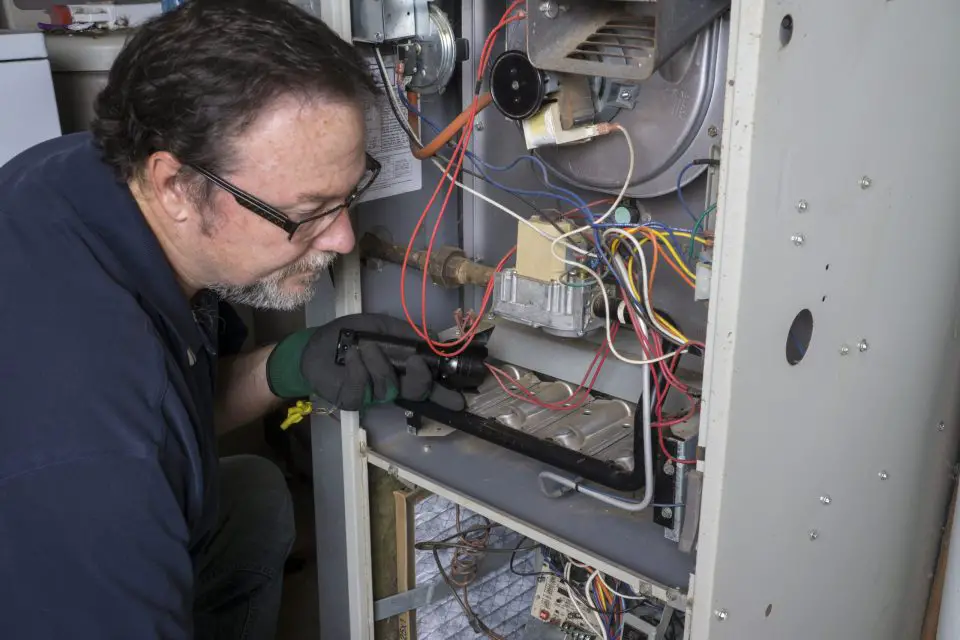
This is the most common question I get from homeowners, but there’s more to it than just brand. The competence and diligence of your local HVAC contractor is at least as important as brand, because your local dealer puts the people with boots in your basement.
As with any expensive home issue, ask friends and family the dealer they’ve gone with, and ask about their experiences. When you’ve got three furnace dealer names, call them up and ask about their service policies and warranties, ask about the brands they sell, then ask for customer references and check them out.
What Type of Gas Furnace Makes Sense?
There are four main types to consider:
- Single stage
- Dual stage
- Variable/multi-speed
- High efficiency modulating
The challenge is making sense of gas furnace installation options, and this is where research beyond just cost is vital. One of the best sources of Canadian gas furnace information I’ve found is called FurnacePrices.ca. Their free, online gas furnace guide delivers all the information on new furnace selection that anyone could want.
Insulation Matters (A Lot)
All the talk about furnace efficiency and cost means little if you haven’t already insulated your home to optimal levels. If you live in a cold climate, and your attic currently has 8 inches of insulation and you increase this to 22 inches, you can easily save enough money each year to pay for a week-long tropical vacation at an all-inclusive resort. Walls are more challenging to insulate, but adding an extra layer of rigid foam to exterior walls will save substantial money while also making your house more comfortable. A well-insulated home at 21ºC (70ºF) is more comfortable than a poorly insulated home at 21ºC (70ºF) because of the cold zones and drafts you’ll feel. As usual in life, the better informed you are, the better a decision you’ll make on a new heating system.
Natural gas furnaces offer a terrific home heating option, and people with access to this fuel are shocked to find how much more expensive it would be if they had to use a propane furnace or electric furnace for heating. Take your natural gas bill and multiply it by four (yes, 4x), and this is what a sizeable number of people pay to heat with electricity or propane. When it comes time to change your gas furnace, do your research and you’ll enjoy another 15 or 20 years of some of the cheapest and most reliable home heating on the planet.







